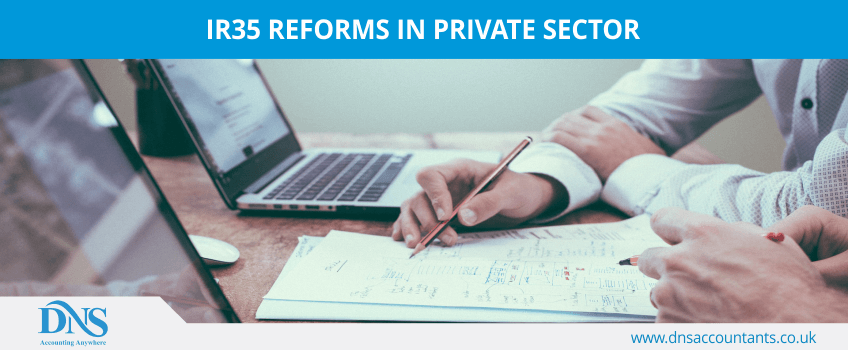How does the IR35 legislation affect you?
One of the most obvious effects of the IR35 legislation is the
tax implications associated with it. Basically,
if the HMRC finds out enough reasons to conclude that you are an
employee and liable to pay the IR35 legislation tax, it is not going to be fun.
The tax implications will definitely be costlier
as you would be introduced to the term the deemed salary, which would mean that
any income you earned and any income you are still earning from an IR35
applicable contract will now be liable to tax and the NIC (National Insurance contributions) that you may not have
counted upon. The
worst part is when the HMRC decides to look up all of your previous contracts
to find any unpaid tax or rather evaded tax,
and a large bill would follow,
accompanied with a lump sum penalty that would be
levied. So, the IR35 legislation is not something that should never be overlooked. Each of the contractual
indicators would be examined in isolation, and the existence of a few of the
indicators would not be enough to qualify as an employee or a director. So it
is always better to check and recheck to ensure that you do not fall prey to
any of the afore-mentioned traps or change your work practices to stay in the safe zones.

In a nutshell, the responsibility lies with the contractor. Since the
inception in 2000, the workers themselves have been responsible for determining
whether they are inside or outside the IR35 legislation. Putting it in another way, the IR35 legislation
is all about finding if you are a disguised employee or a genuinely
self-employed employee. From April 6,
2017, the responsibility of deciding the status of engagement will shift from the worker to the entity that pays the
bill or rather the end client. From then, the end client decides whether the engagement falls in or out of the IR35
legislation. Something that you can do to
protect oneself from the IR35 legislation is by adjusting your working patterns
accordingly, or better still, moving to a PAYE (Pay As You earn) umbrella
company that offers a much better way of working because they involve PAYE and
the NIC (National Insurance contributions), and thus can never fall foul of the
Inland Revenue 35 (IR35).
Read this article: IR35 Reforms in Private Sector
Post Your Ad Here





Comments